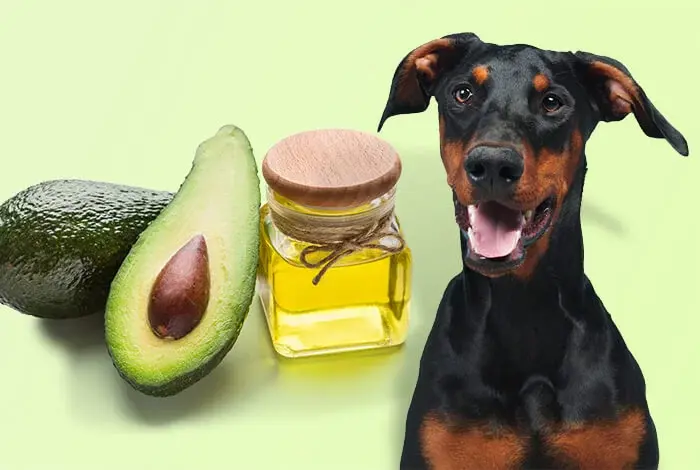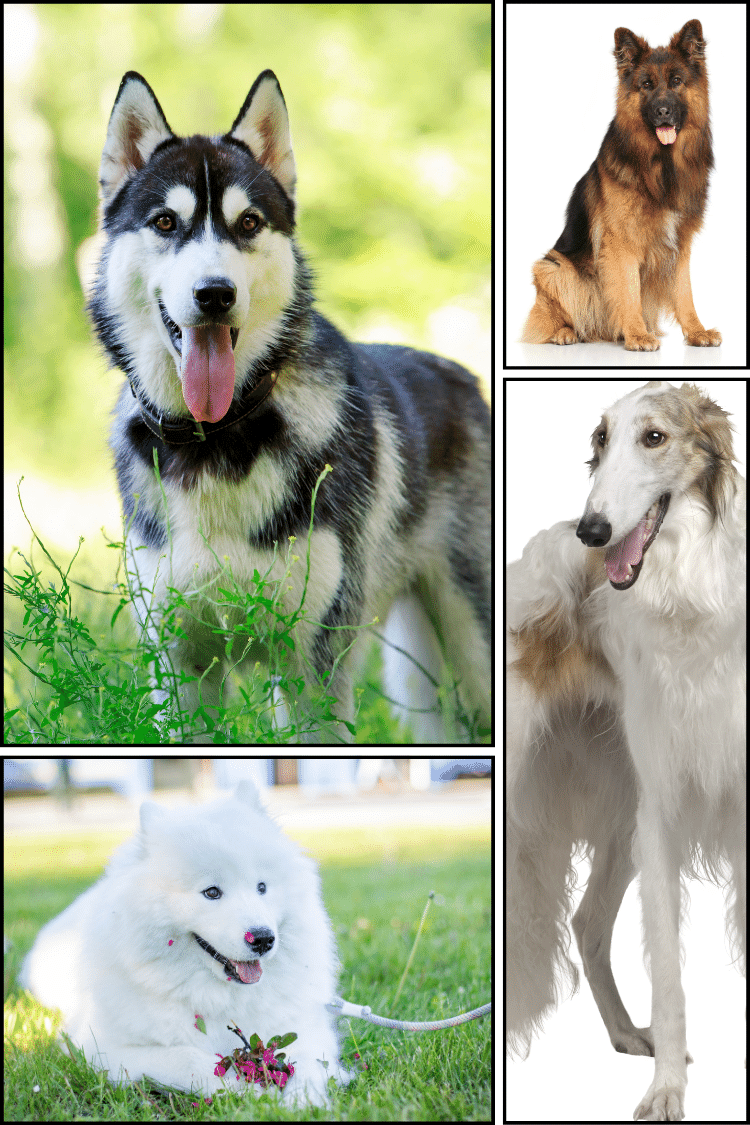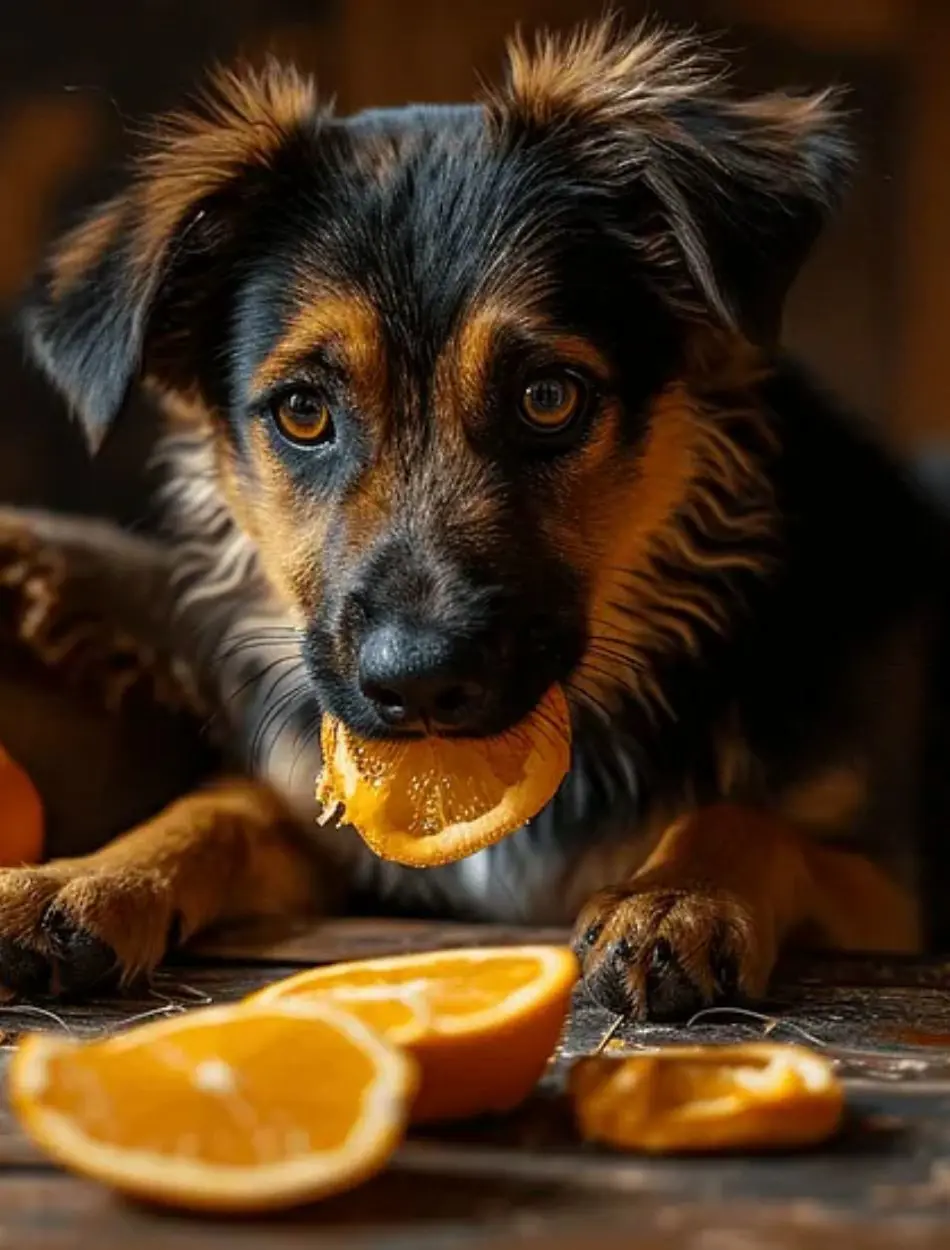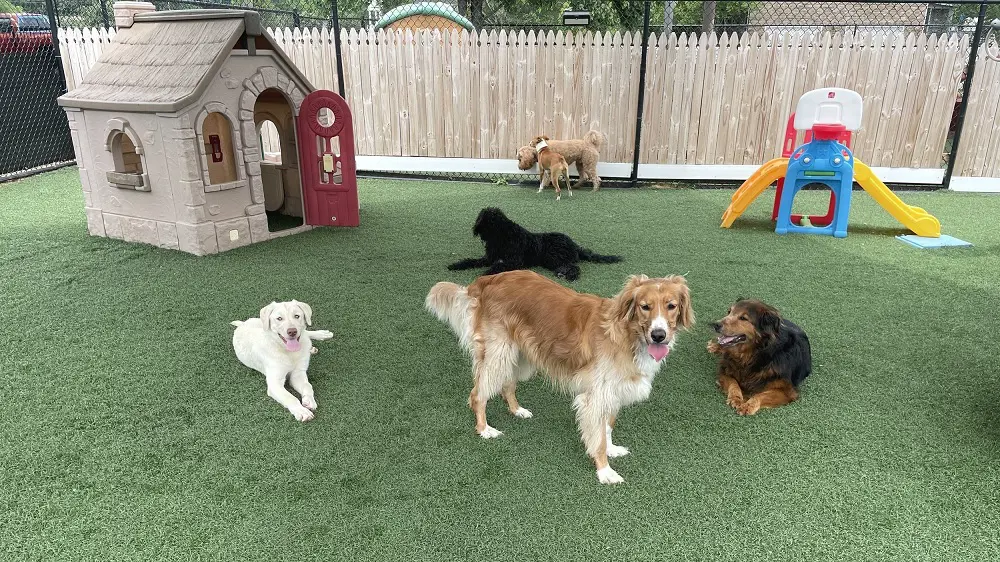18 Causes Of Dog Eye Discharge
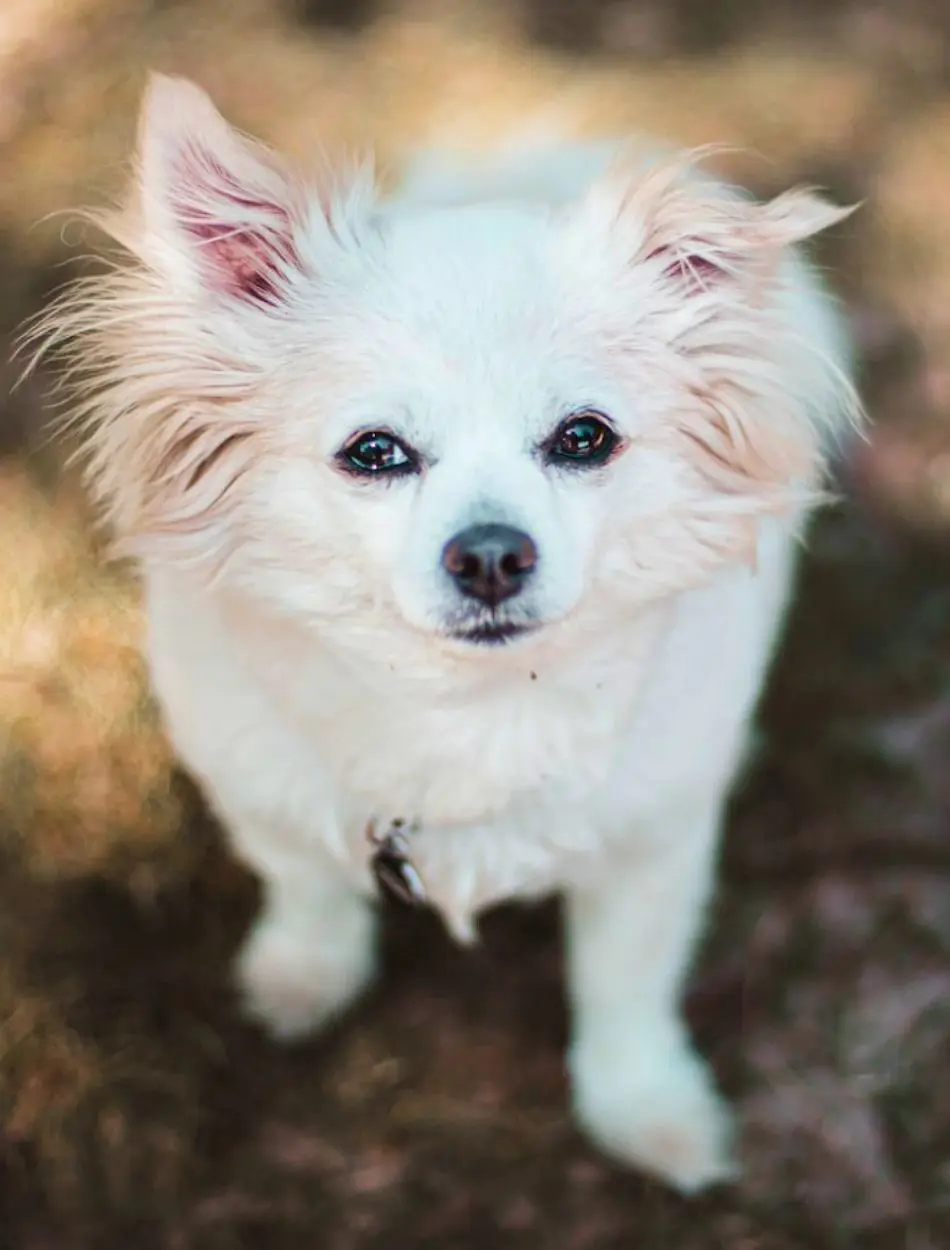
Excessive or unusual eye discharge in dogs may be a problem, while the occasional discharge is normal, and If it goes on for long periods or increases in amount then that most likely could mean something else.
Whether it is a trivial irritant or an indication of further disease, diagnosing the source will help you take steps to keep your dog's eyes in good condition. We will take a look at 18 reasons why your dog might show signs of an eye discharge as well as what you can do about it.
1. Environmental Allergens
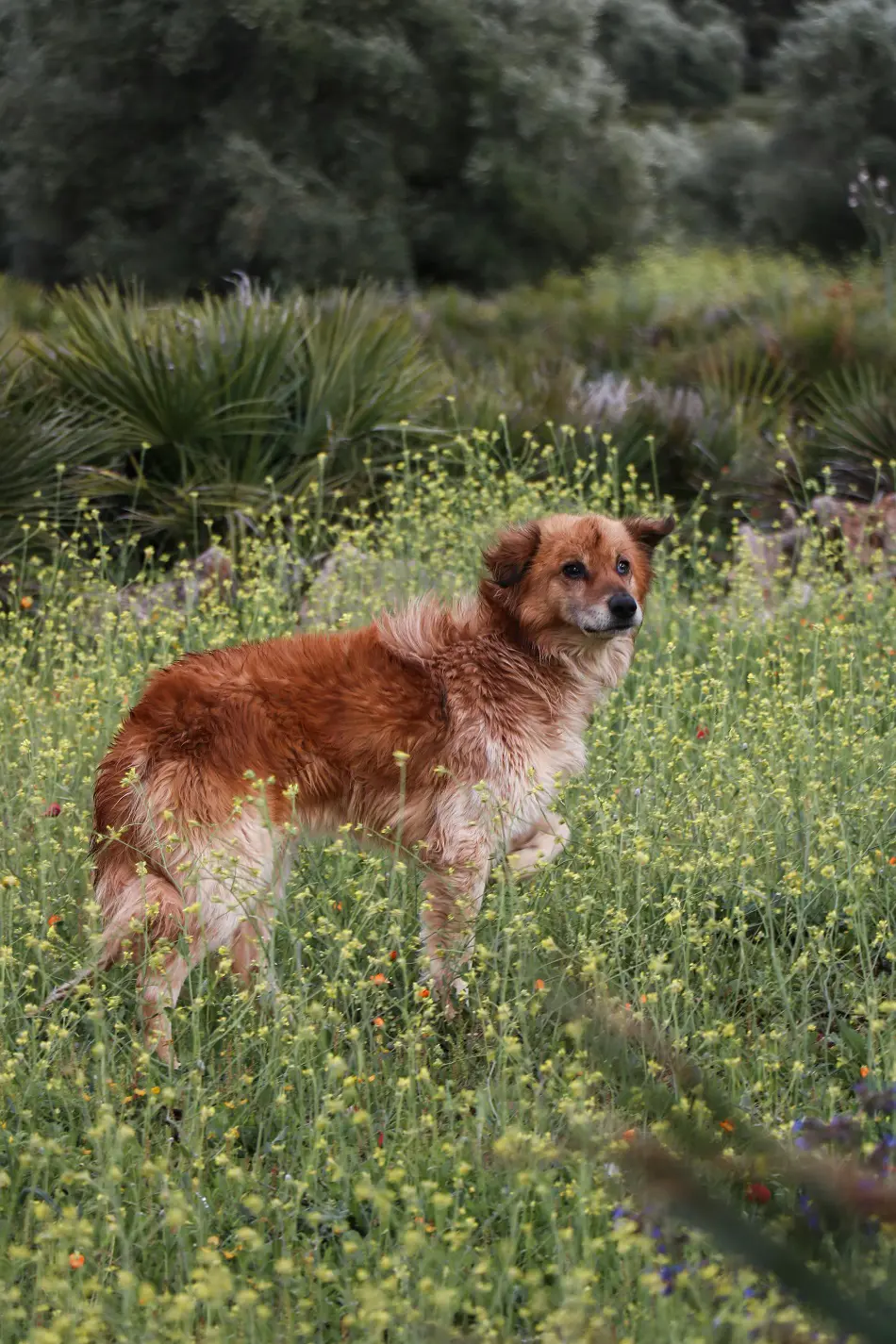
Whether outdoors or inside your house, pollen, dust, and other airborne particles are all around and tiny particles can easily enter your dog`s eyes when outside. Doggy Allergies to environmental Triggers and their eyes may also fill with tears to help flush these irritants away.
Maintaining your pet's clean and irritant-free eyes may help reduce this kind of discharge and you can just use a damp cloth to thinly wipe their face after taking them outside. Avoiding going out during the peak pollen release period can also help. If water is leaving marks on surfaces, consider investing in an indoor air purifier to reduce airborne particulates in your home.
2. Wind Exposure

All dogs like to feel the wind in their face, which is why car windows are such a hit with most of them but, the wind can be tough on their eyes. They often tear up when facing strong gusts, blowing dirt, dust, and other particles straight into their eyes.
You may also want to decrease your dog’s time by having their head out the window and using goggles. Well, these goggles are a great way to protect their eyes from the wind while they still get to have all the fun of riding. If you are hiking, stay out of the wind or have your back face it if your dog needs to stand still.
3. Smoke Irritation
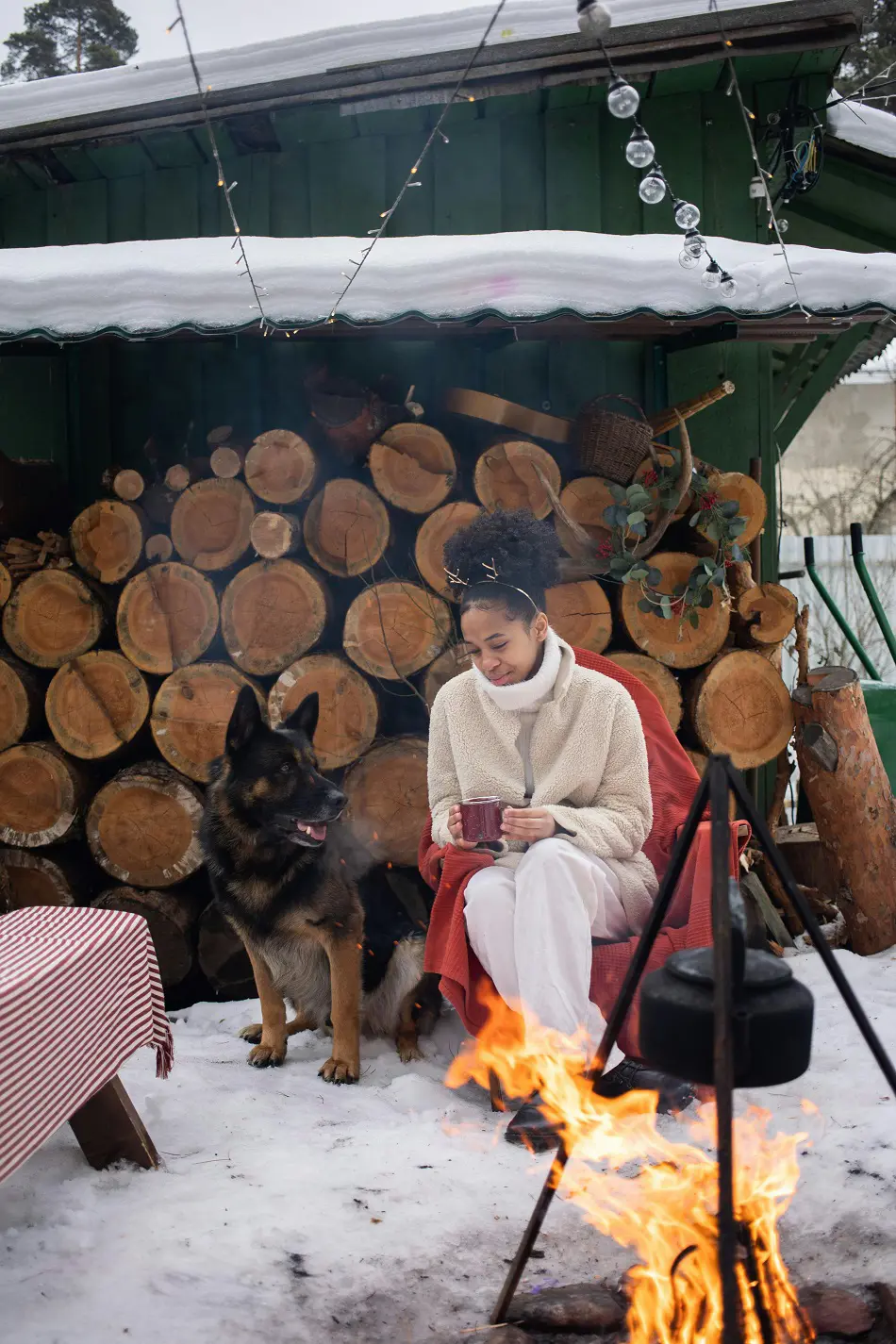
The smoke from cigarettes in the house or campfires and more ambient sources can cause your dog’s eyes to be bothered. Smoke contains small bits and particles that can irritate the eyes resulting in eye gunk as it tries to flush out these irritating substances. This occurs more frequently in dogs who live with smokers or are around smoking environments often.
Sadly, smoke can also lead to crusty mucus eye discharge from your dog’s eyes. If you smoke, do so outside or away from your dog, avoid areas of smoke campfires and fireplaces at Christmas time, and keep your dog away when possible. They will enjoy protection not only for their eyes but also for the entire respiratory system.
4. Foreign Objects
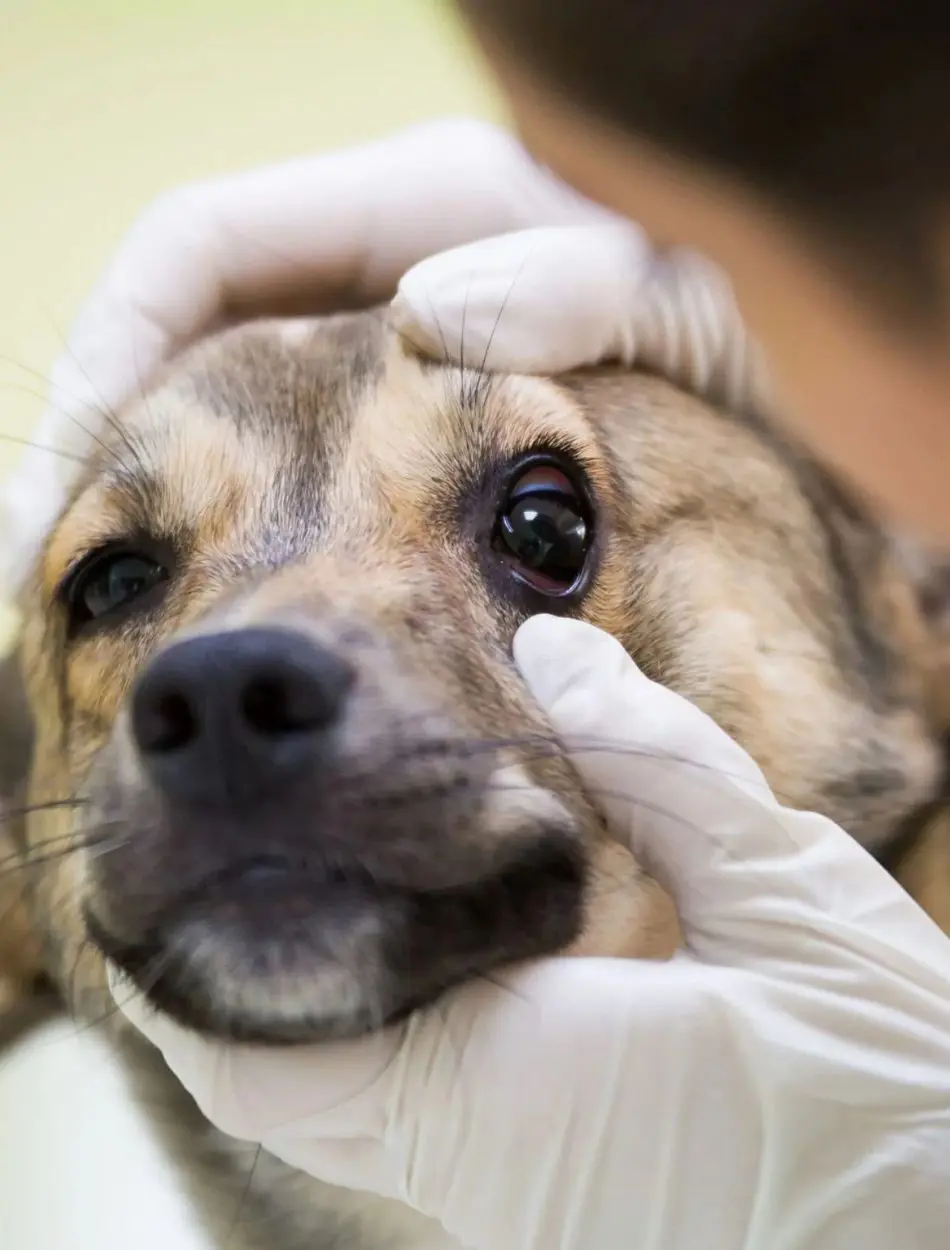
Anything as little as sand, dirt, or correspondence associated with you can see insects just easily in your dog's eyes. It causes the body to make more tears to wash out when something foreign gets into the eye. This can cause the eye to produce noticeable discharge when it is trying to combat this irritant.
In case you notice your doggy is rubbing its eyes and blinking more than before, you should check for foreign bodies in its eyes. You can gently irrigate their eyes with a bit of saline solution or just use a soft, damp cloth to remove the debris. When an object cannot be removed and causes any redness/display of pink tissue in the eye, then consult a veterinarian.
5. Grooming Products
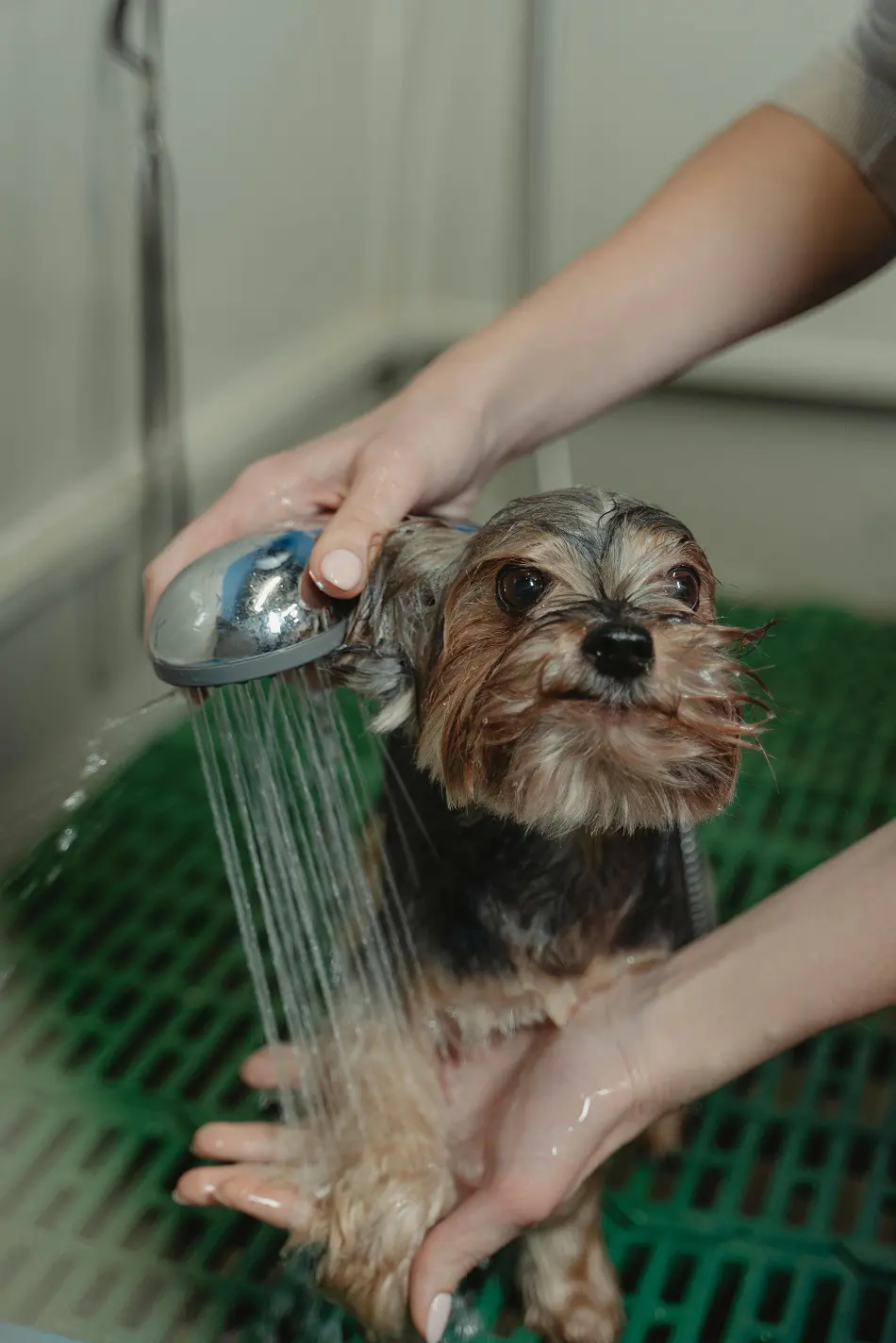
Now, shampoos and conditioners among other grooming products will make your dog look good in addition to feeling good. So your dog may get irritated if these products come into contact with its eyes. Even those labeled gentle or tear-free can cause a reaction that causes temporary irritation and discharge after grooming.
This means that you should avoid using hair care products around your dog's face to prevent this from happening. You can even use a wet cloth on their face as opposed to popping them directly under the tap so you avoid anything getting in their eyes.
6. Perfumes or Sprays
Some dogs have sensitive eyes and will be easily irritated by the strong scents of perfumes, air fresheners or even cleaning sprays and these chemicals can be harsh, causing watery eyes and irritation. Dogs may be more sensitive to smells than humans, so even small amounts of these products can irritate the eye.
Use sprays or perfumes in a room that your dog does not get into until the air is clean. Opt for unscented products or special dog-safe versions of the above. In addition, be careful to avoid spraying areas where your dog often lays down or plays.
7. Chlorine Exposure
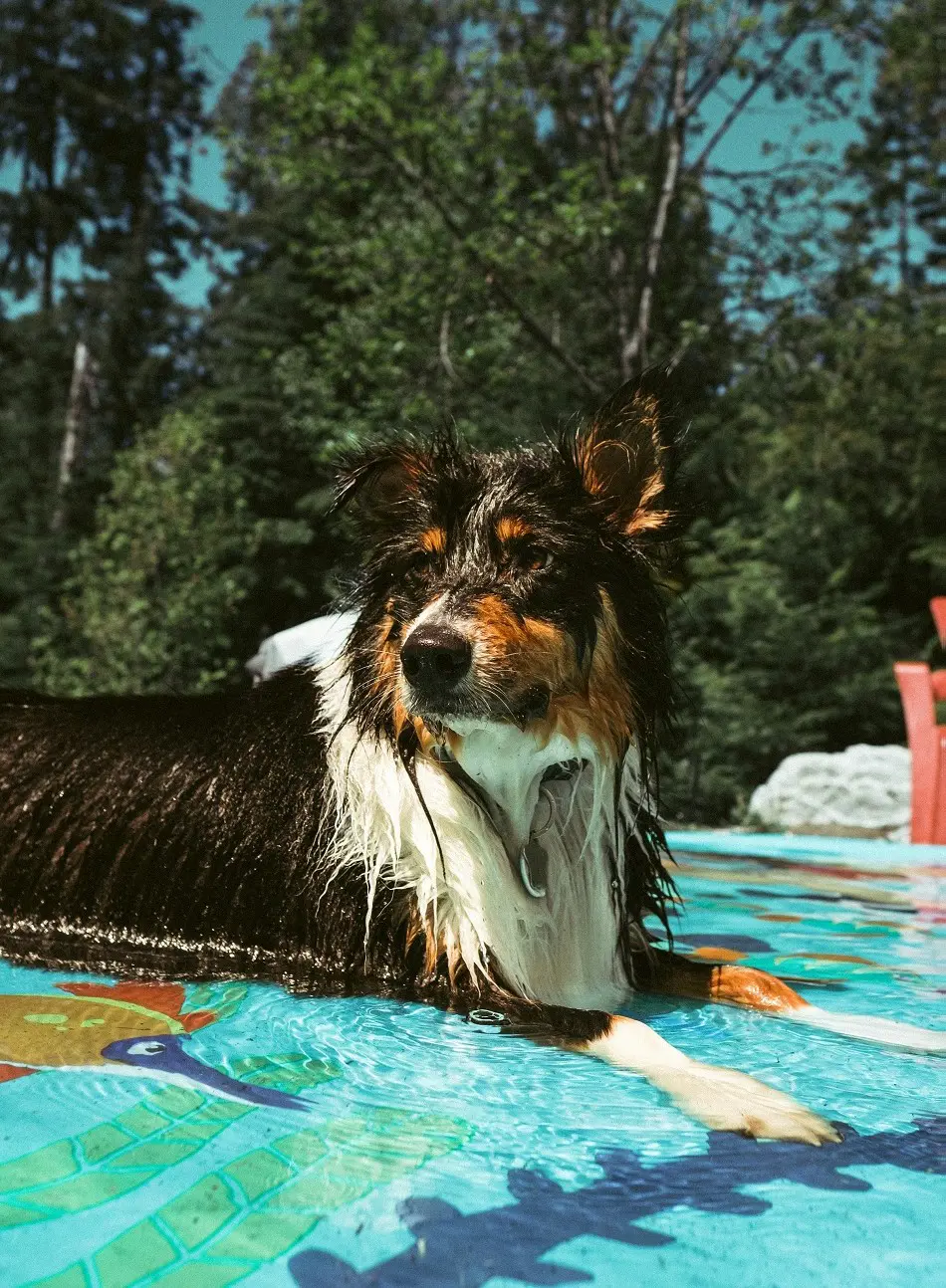
Pools, particularly chlorinated ones for water, will irritate your dog's eyes even more and another important concern is burning eyes due to the chlorine in pools. It can cause irritation that will make a dog secrete cleansing liquid. And so it is true if your dog swims in pools often without rinsing afterward.
Rinse your dog’s face with fresh water after swimming to protect their eyes from chlorine. It will help rinse off any leftover chlorine that could be on their coat or near their eyes. There are also swimming pools for dogs used with alternative water treatment processes, which are more friendly to the eyes.
8. Stress or Anxiety
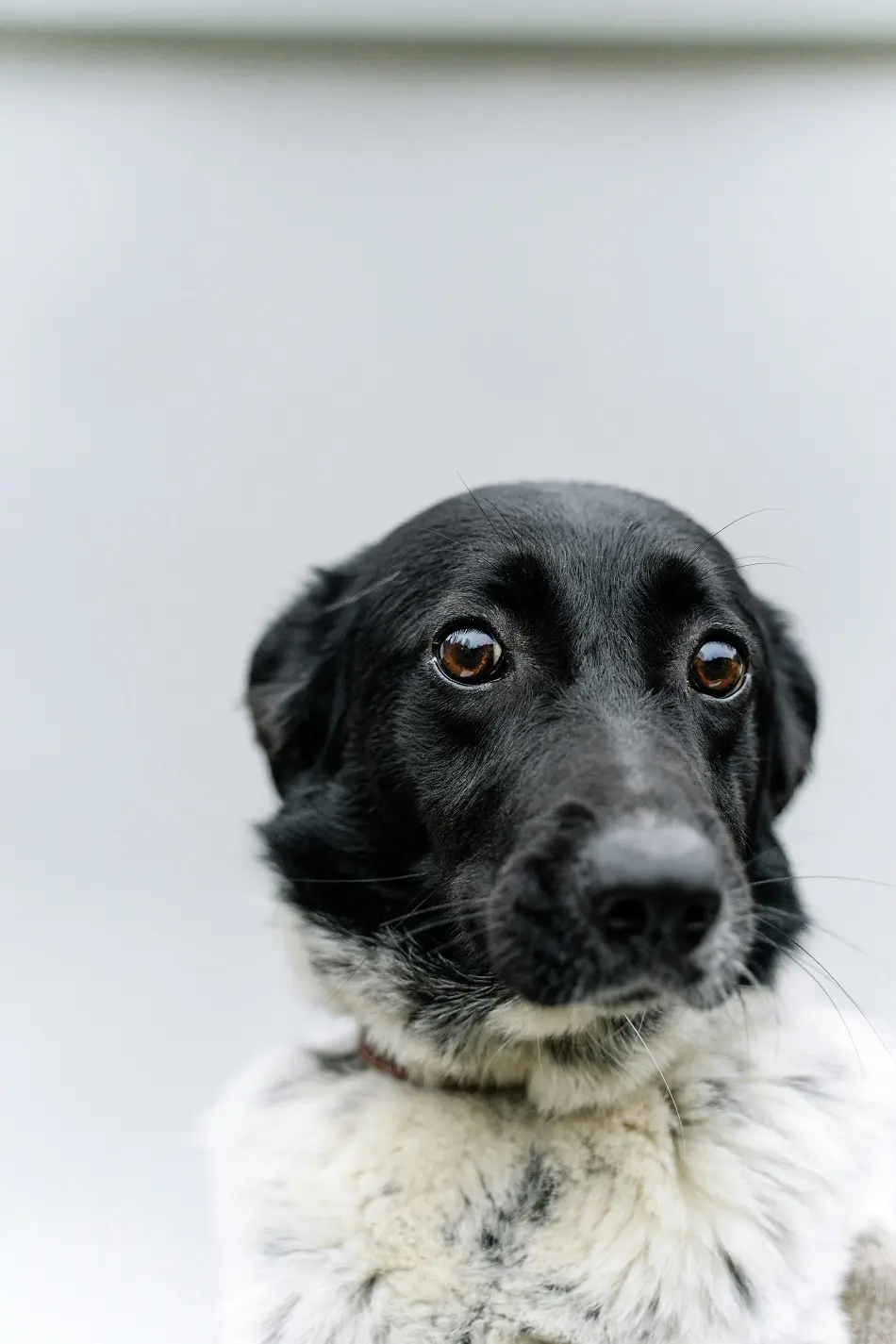
Just as we produce tears when stressed or anxious, dogs who are susceptible to negative emotions may carry those same characteristics as them. Watery eyes can also be due to high levels of stress or anxiety, which is a physical response from the body.
If you notice that your dog is experiencing watering eyes during stressful events, work on understanding why they are anxious. You can mitigate their environment and create a safe, peaceful place for them. Calming agents, such as pheromone diffusers or anxiety wraps, may also help reduce stress-associated eye discharge.
9. Bright Lights
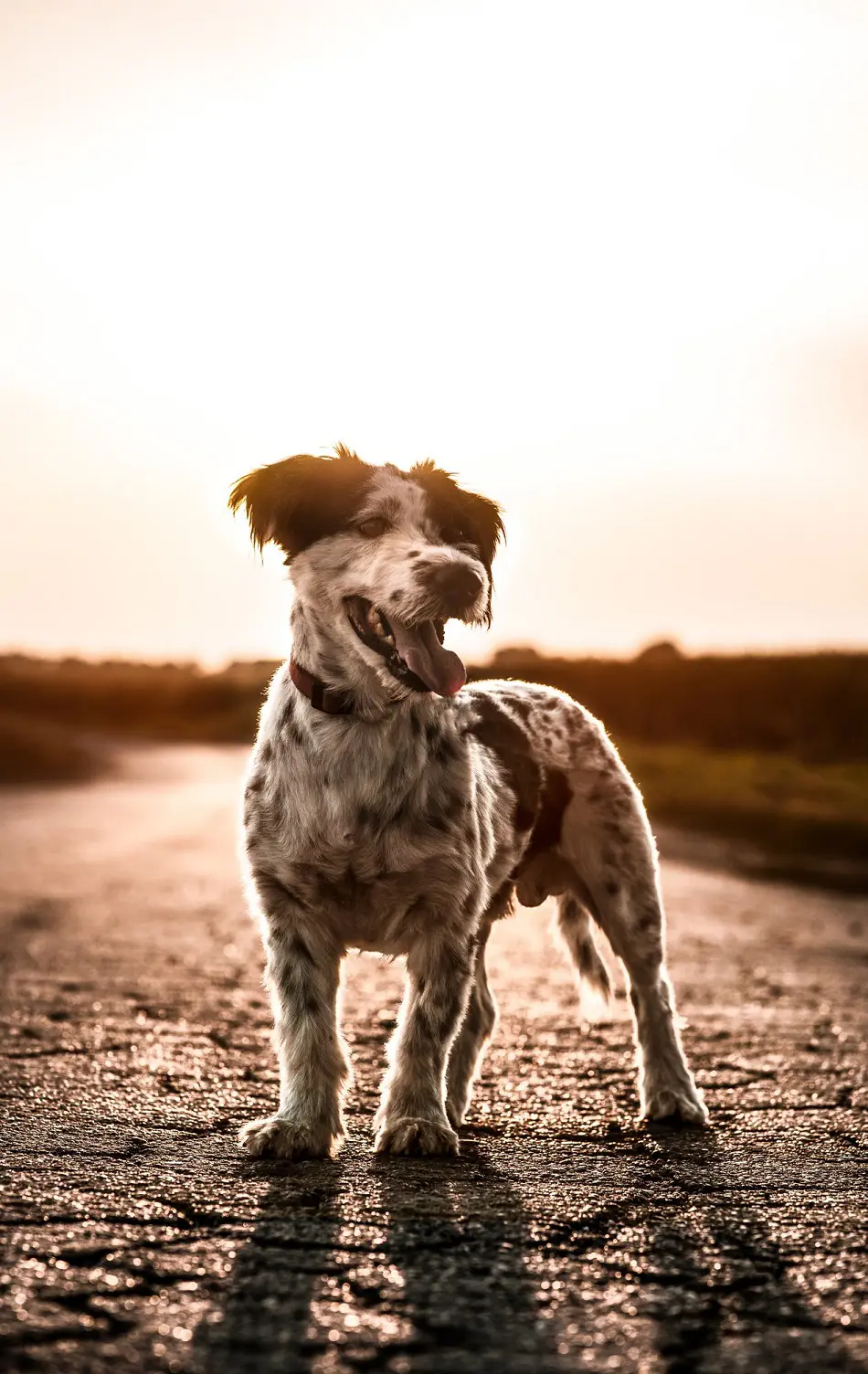
It may also have happened that your dog has watery eyes because it is exposed to strong rays of light such as a camera flash or a sharp shine from the surface of the sun. For their eyes, the sharp contrast between darkness and bright light is so vast that it can be perceived quite overwhelmingly, and to protect themselves from this sudden shift of a mole-like nature during such times they have been seen glowing tears.
The use of flash photography should be avoided since the light source is directly flashed into your dog's face. If your dog is outside in a lot of the impending sun, get them some doggie sunglasses, especially if they're photosensitive. This will protect their eyes against sunlight and prevent any eye discharge as well.
10. Cold Weather
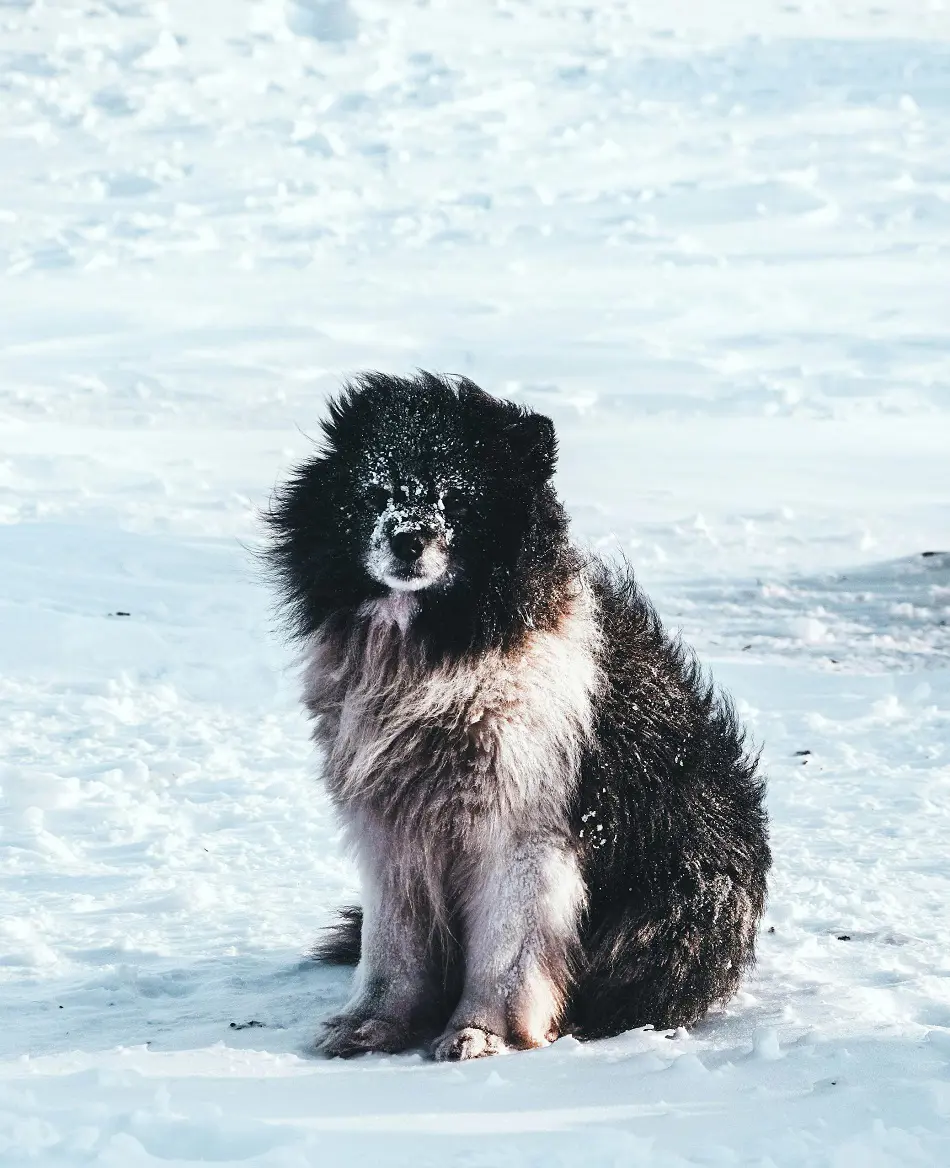
In cold weather, especially when it is windy, a dog's eyes are the first to water and this can hurt their eyes, causing tears to pour out as a reflex. This is much like how a human will get watery eyes from cold windy conditions.
In colder months, keep your dog away from windy conditions to protect their eyes. When you take walks outside, they can wear doggy goggles to protect their eyes. You can also keep your dog from tearing as much in the cold, dry air by wrapping her face with a light scarf or hood.
11. Dry Air
The air inside our homes can get pretty dry during the winter when heating systems kick in. If the air is too dry, your eyes may overcompensate by making more tears to keep them moist enough, and this leads to watery discharge.
To offset dry air, use a humidifier in your home to put moisture back into the atmosphere. Why because it helps keep your, and your dog's, eyes from drying out! Also, provide ample water available for your dog to drink, as hydration is important in the normal production of tears.
12. Excessive Crying
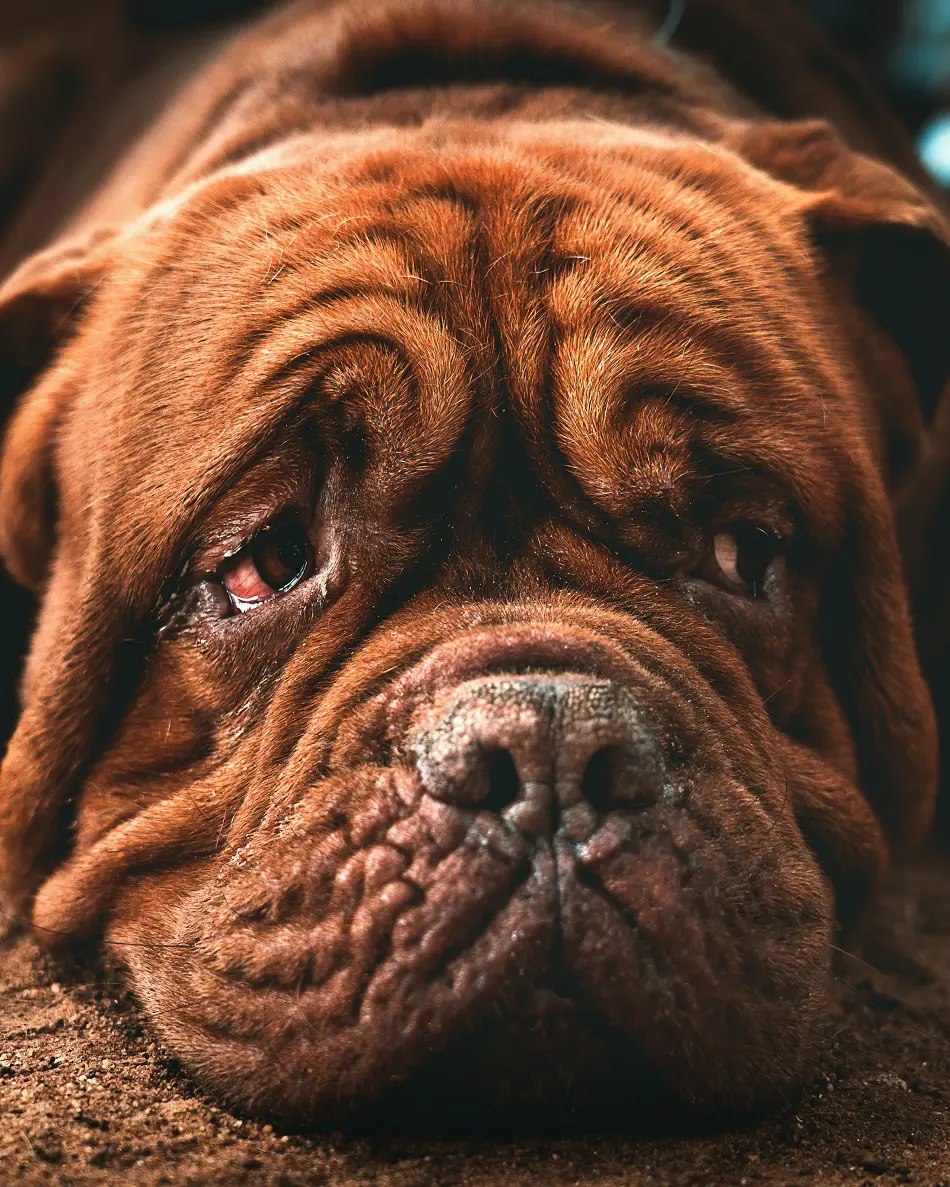
Dogs, like human beings, generate splits when they are especially psychologically disturbed. In response to sadness, patrons of the kitsch can cry an eye discharge whether through their tears or in frustration. What you need to know about the tears shed is a reflection of something you have not expressed until now.
Sometimes simply comforting your dog and reassuring them in these moments becomes enough to decrease the crying. Making certain your pet is not anxious in the house will also reduce the chances of emotional tears. If the person is crying regularly or too often, you will need to think about if this may be because of something more serious (emotional troubles).
13. Playing with Other Dogs
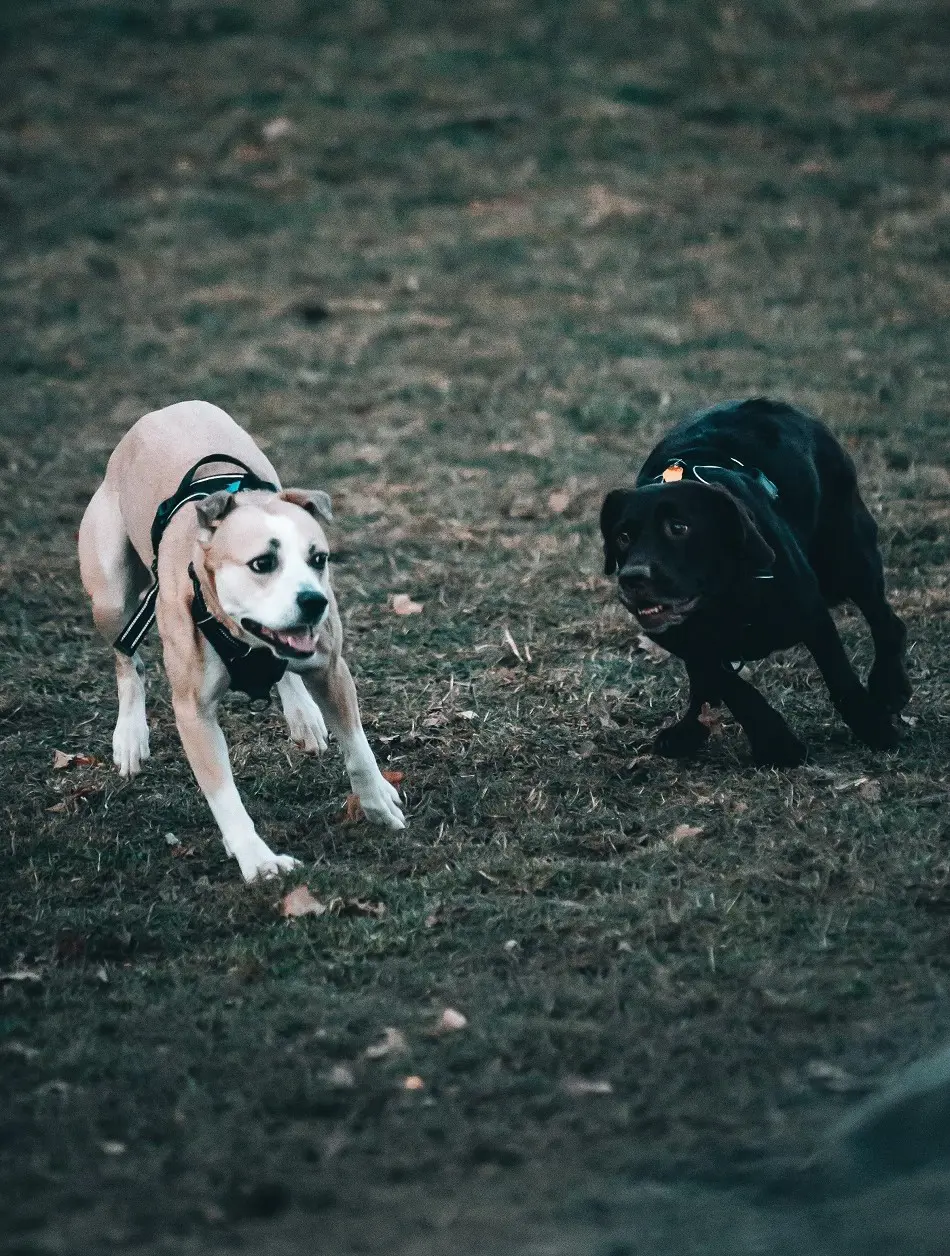
Playful dogs can accidentally get an eye scratched via rough or incidental touching and irritation from poking, accidental hits, or even playful nipping near the face can result in tearing. The discharge of such categories usually disappears and is resolved automatically once the game session ends.
Teaching your dog to play gently and not allowing them to play rough can help prevent direct eye injuries. How would you feel if your best human sought out playtime with a different dog? Not just kidding, but in all seriousness make sure both dogs can handle the same energy level so that any accidental eye injuries are avoided.
14. Sleeping Position
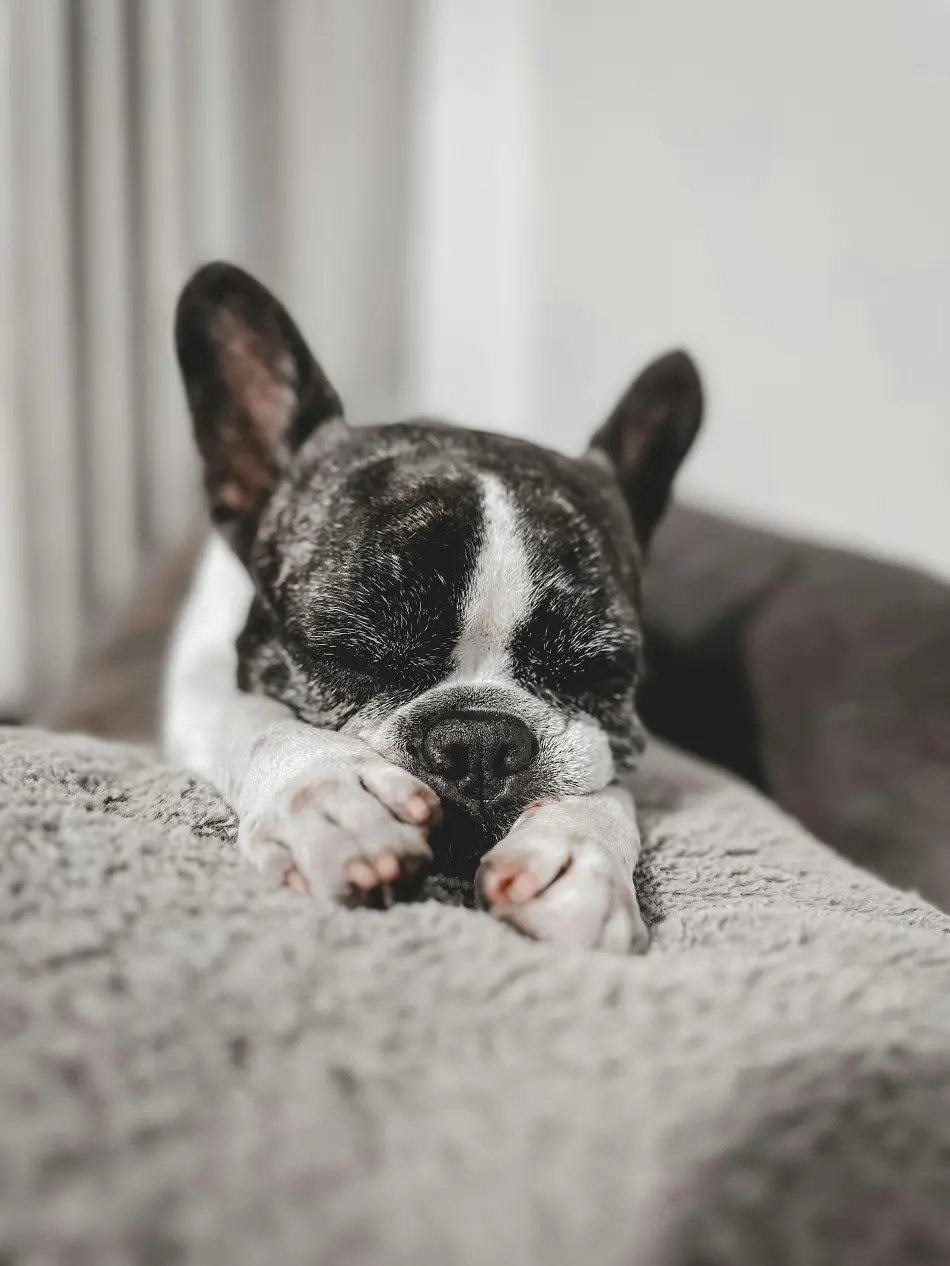
A lot of dogs tend to sleep with their faces pressed into some object as a pillow, wall, or even paw. If they like to sleep flat on their faces or chest, then something is pressing against the corneal glands which creates this type of discharge when they wake up. Because all that pressure can irritate things temporarily, and eyes water.
If your pooch has a place to sleep that won't put pressure on its face, then you will likely notice less of this eye discharge. A soft bed is helpful, but also the proper head neck and back positioning. If you find that your dog wakes up with eye discharge then by all means change the sleeping environment.
15. Dusty Environment
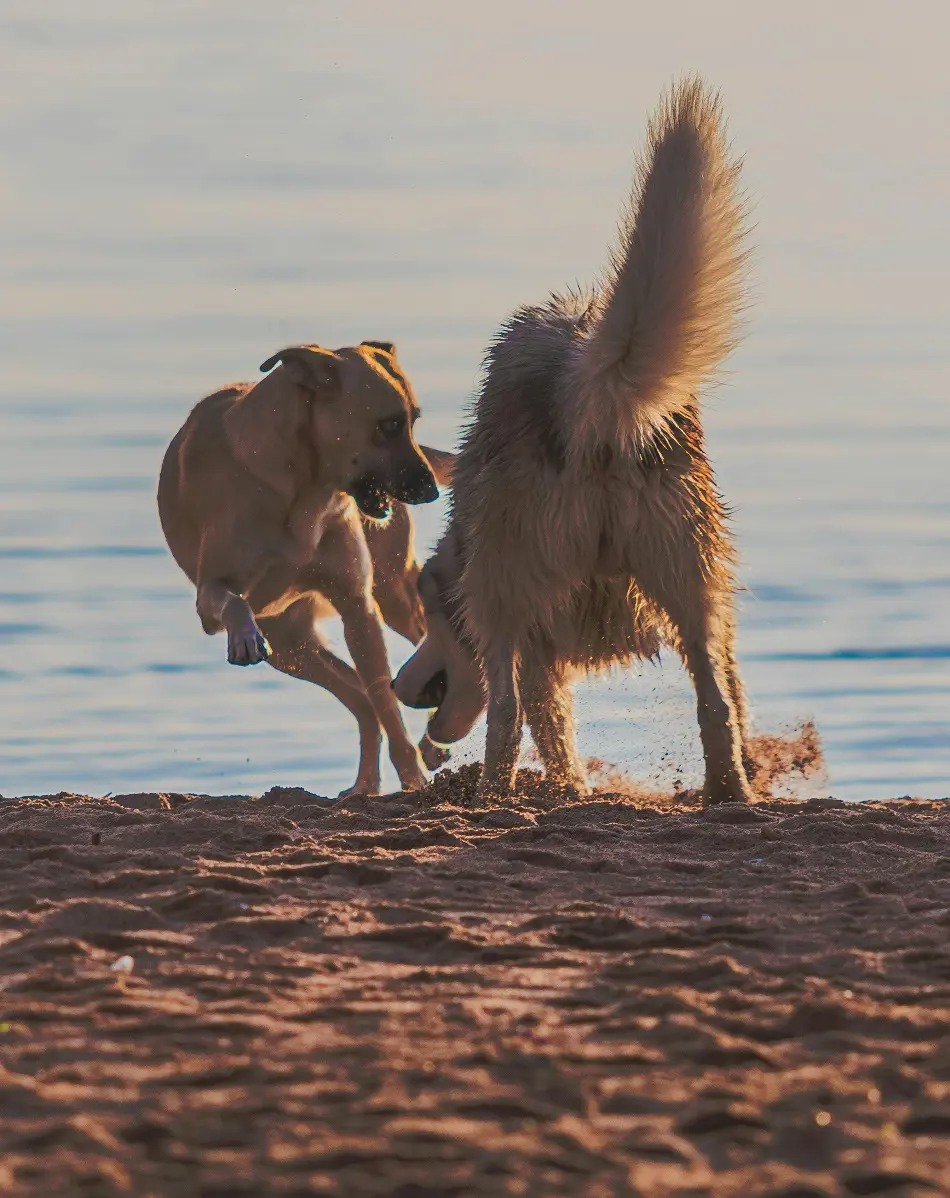
When dogs go to construction sites, walk on dirt roads, or enter your home where dust goes missing and starts flying up the air. The fine dust in the air may irritate and provoke the eyes by washing with tear fluid causing a juice.
You can protect your dog from dust by taking it less to dusty environments. Regular cleaning of the home and reducing indoor dust as much as possible can help alleviate further eye irritation. If you cannot avoid a dusty environment, give your dog's face and eyes a wet cloth after such exposure to gently clean any remaining particles.
16. Air Conditioning
It dries up the air in your house, especially if you have no air conditioner. This arid ambiance can make your dog's eyes dry up, too, causing it to tear up excessively, more than what it usually would and the reaction appears to be a liquid discharge.
You can also regulate indoor humidity by running a humidifier in combination with your air conditioning. This method will help keep your dog hydrated while encouraging normal tear production. When possible, house your dog in a well-air-conditioned room to avoid dry eyes and discharge, giving them a place to lie down away from the flow of cold air.
17. Poor Ventilation
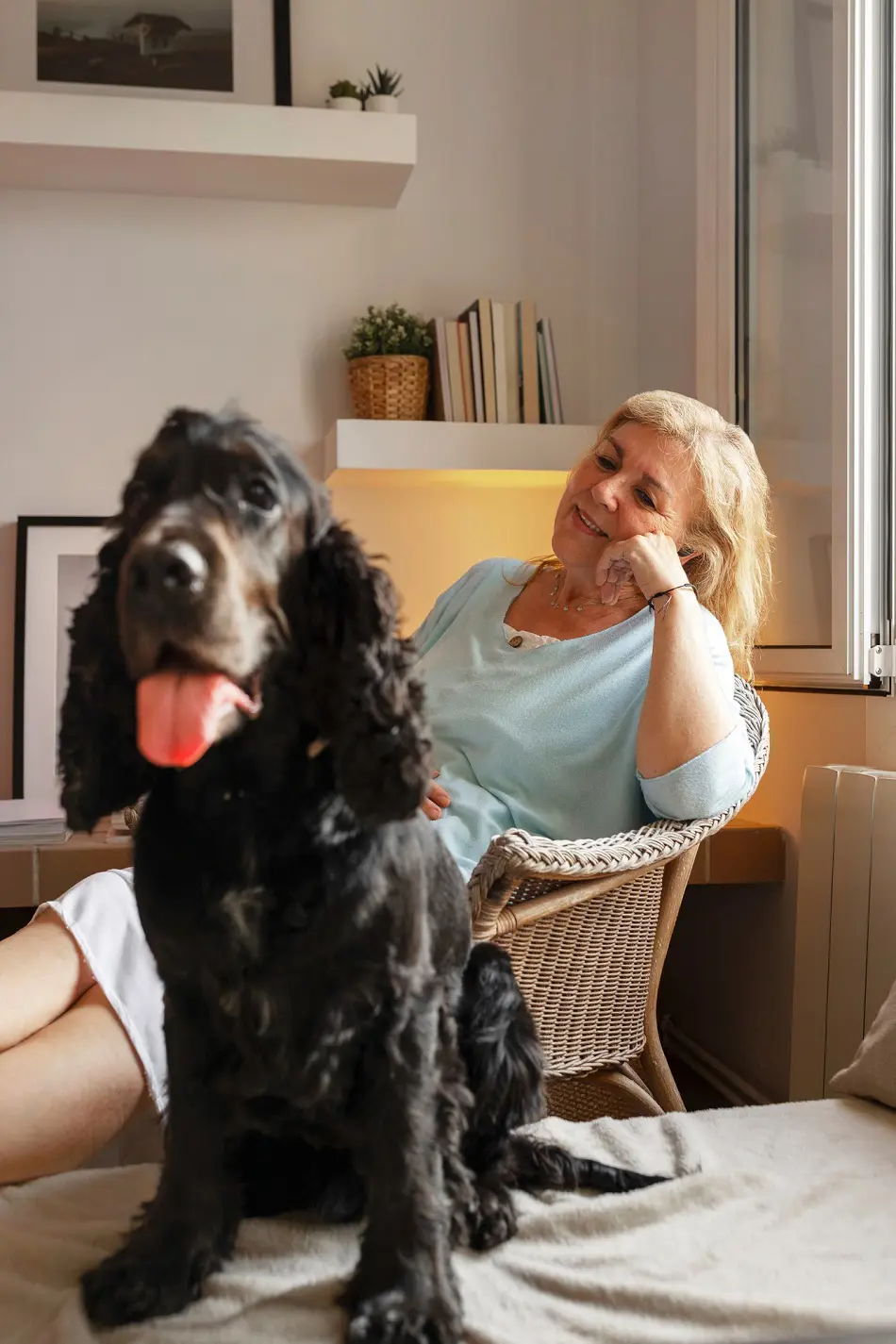
Poorly ventilated homes and spaces can create a buildup of airborne pollutants such as dust, smoke, and chemicals from household products. These allergens can lead to irritation of your dog's eyes and this watery discharge. Without effective air circulation, these particles just hang around longer and more consistently inside your best buddy's delicate eyeballs.
Venting your home by opening the window, circulating air with fans, or using an air purifier can help reduce these irritants. You can also improve air quality by changing the filters in your HVAC system, as you should be doing a minimum of every three months or so. By making certain there is a proper circulation of air, you can also protect your dog from possible irritation to his or her eyes.
18. Excessive Panting
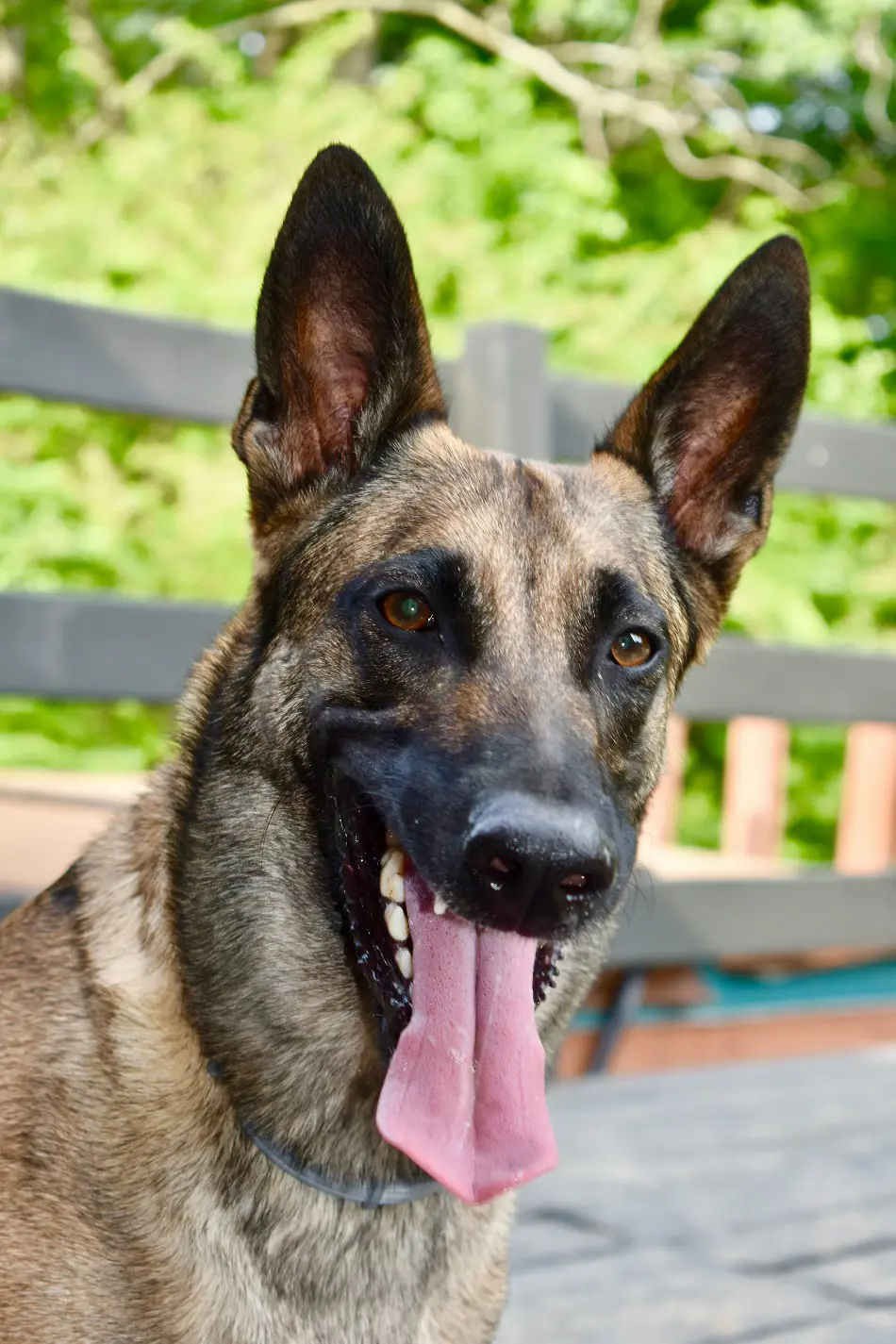
Dogs want to cool their bodies down, but too much can make their eyes water as well and, when the dogs begin to pant heavily, like in high temperatures or after quite a workout, the airflow near their eyes increases. Eyes may dry and start tearing up as an automatic response to attempting to stay moist.
Keep your dog cool and hydrated in warm weather or after a workout to reduce panting-related eye discharge. Offering cool, shaded rest breaks and encouraging your pantomime out of the excessive heat will also help to reduce eye discharge tendencies related to heavy panting. If your dog gets anxious or excited often, panting is usually chronic as well. In these cases, you should work with calming techniques to help calm him down.
Top Lists


